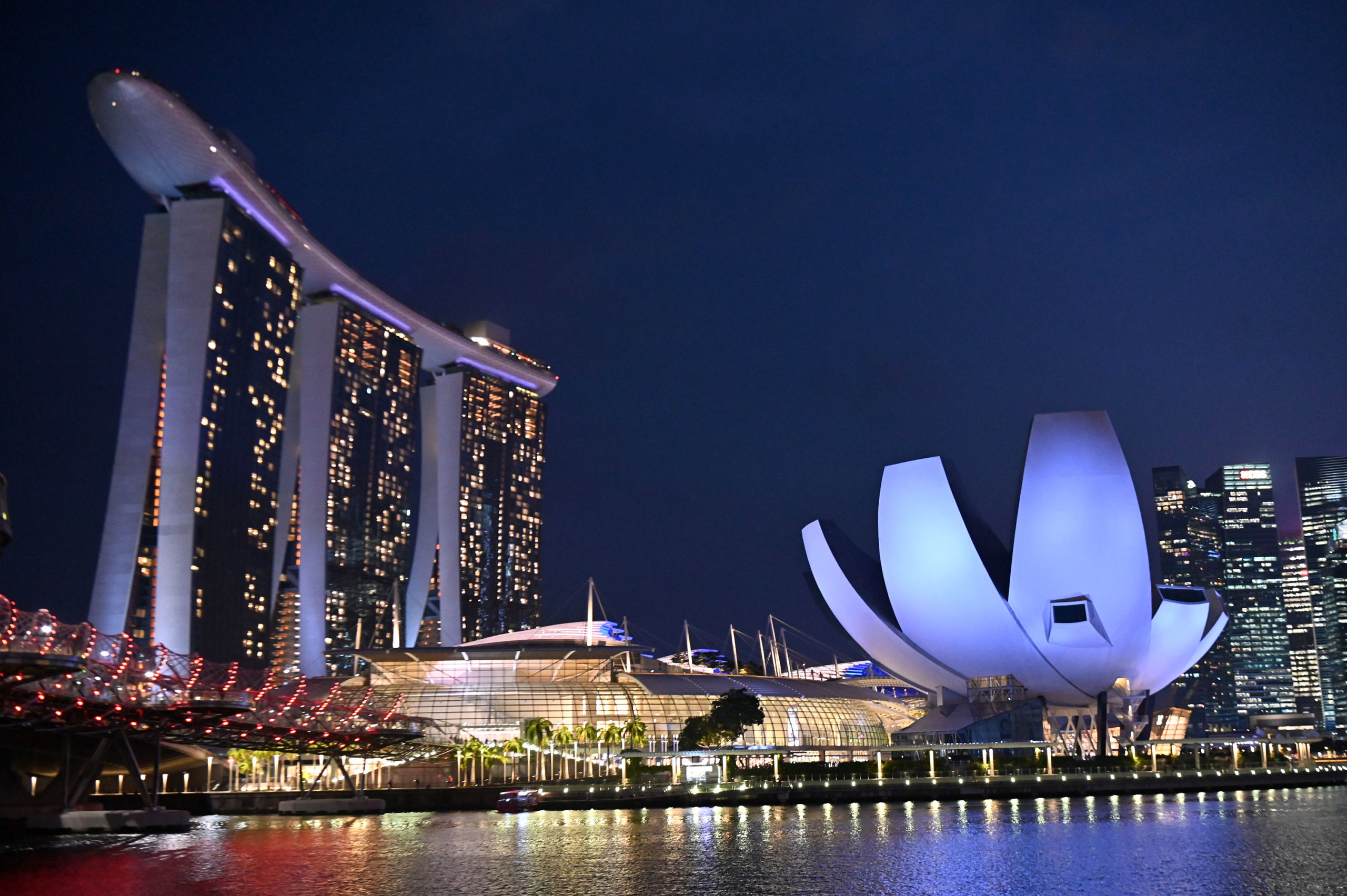on the crypto

"We believe the best approach is not to crack down on or ban these things," said Ravi Menon, chief executive of the Monetary Authority of Singapore (MAS), which regulates banks and financial companies.
On the contrary, MAS is putting in place "strong regulation" so that companies that meet its requirements and address the multitude of risks can operate, he said in an interview.
There is no homogeneous line in the world
Nations differ greatly when it comes to how they handle cryptocurrencies: China has cracked down on large amounts of activity in recent months, Japan has only recently authorized investment funds dedicated to cryptocurrencies, although El Salvador has adopted Bitcoin as legal tender. . In the US, while there are many options for investing in the burgeoning asset class, regulators are concerned about everything from stablecoins to yield-generating products.
“With cryptocurrency-based assets, it's basically an investment in a future future, the form of which is unclear at this point,” said Menon, who led the MAS for about 10 years. “But for not getting into this game, I think Singapore is being left behind. Getting into that game early means we can have an edge and better understand its potential benefits and risks. "
The stakes are high for the small island nation, which has already earned a reputation as a center of global wealth. Singapore needs to increase its safeguards to counter risks, including illicit flows, Menon said.
The city-state is "interested in developing cryptographic technology, understanding blockchain, smart contracts and preparing for a Web 3.0 world," he said, referring to the third generation of online services.
Singapore isn't the only place with crypto ambitions
Locations as diverse as Miami, El Salvador, Malta and Zug in Switzerland are also making efforts. It can be a fine line to go, as the cryptocurrency industry has grown with little regulation, so many players hesitate to attempts by government officials to impose guardrails.
Singapore's approach has drawn cryptocurrency firms from Binance Holdings Ltd, which has had a series of clashes with regulators around the world, to Gemini, a US operator that caters to institutional investors, similar to Bitcoin system. About 170 companies have applied for a MAS license, bringing the total number of companies trying to operate under its Payment Services Act to around 400, after the law went into effect in January 2020.
The coveted license
Since then, only three cryptocurrency companies have received the coveted licenses, while two have been turned down. About 30 withdrew their application after dealing with the regulator. Among those approved is the brokerage arm of DBS Group Holdings Ltd, the largest bank in Singapore, which is also a pioneer in creating a platform for trading digital tokens by offering tokenization services.
The regulator is taking time to evaluate candidates to ensure they meet its high requirements, Menon said. The MAS has also enhanced resources to cope with high volumes of potential service operators, he said.
“We don't need 160 of them to open a shop here. Half of them can do it, but with very high standards, which I think is a better result, ”he said.
Menon said the benefits of having a well-regulated local cryptocurrency industry could extend beyond the financial sector as well.
"If and when a crypto economy takes off in some sense, we want to be a major player," he said. "It could help create jobs, create added value and I think that more than the financial sector, other sectors of the economy will potentially gain from it."
